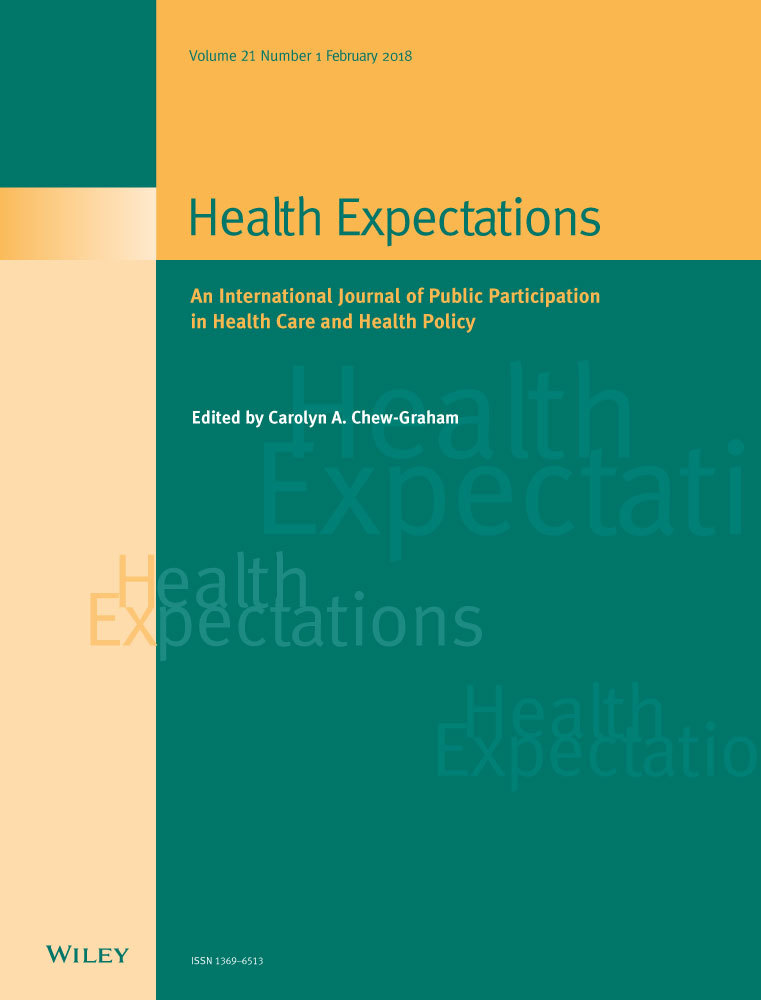Impact and experiences of delayed discharge: A mixed-studies systematic review
Funding information
This study was funded by the National Institute for Health Research (NIHR) Collaboration for Leadership in Applied Health Research and Care North Thames at Barts Health NHS Trust.
Abstract
Background
The impact of delayed discharge on patients, health-care staff and hospital costs has been incompletely characterized.
Aim
To systematically review experiences of delay from the perspectives of patients, health professionals and hospitals, and its impact on patients’ outcomes and costs.
Methods
Four of the main biomedical databases were searched for the period 2000-2016 (February). Quantitative, qualitative and health economic studies conducted in OECD countries were included.
Results
Thirty-seven papers reporting data on 35 studies were identified: 10 quantitative, 8 qualitative and 19 exploring costs. Seven of ten quantitative studies were at moderate/low methodological quality; 6 qualitative studies were deemed reliable; and the 19 studies on costs were of moderate quality. Delayed discharge was associated with mortality, infections, depression, reductions in patients’ mobility and their daily activities. The qualitative studies highlighted the pressure to reduce discharge delays on staff stress and interprofessional relationships, with implications for patient care and well-being. Extra bed-days could account for up to 30.7% of total costs and cause cancellations of elective operations, treatment delay and repercussions for subsequent services, especially for elderly patients.
Conclusions
The poor quality of the majority of the research means that implications for practice should be cautiously made. However, the results suggest that the adverse effects of delayed discharge are both direct (through increased opportunities for patients to acquire avoidable ill health) and indirect, secondary to the pressures placed on staff. These findings provide impetus to take a more holistic perspective to addressing delayed discharge.




